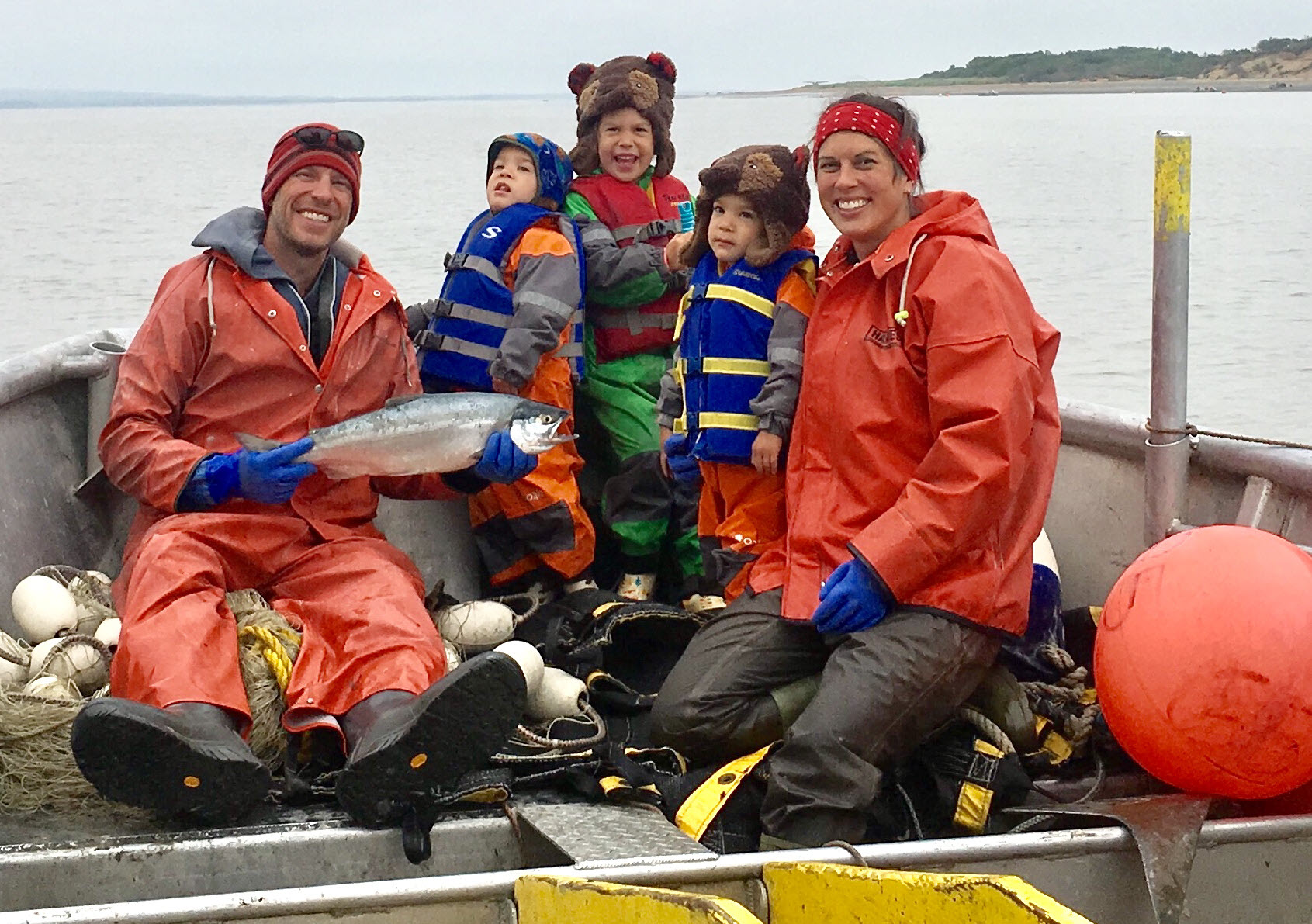Someone suggested recently that I am in this work for the money and not for love of the industry. (Yes, I laughed.) This industry has changed a lot since I started working for the magazine 14 years ago. Many (but not all) fleets are smaller, but the people who have stuck around are more vocal, more dedicated and wear far more hats than the average fisherman did 20 years ago.
When you put yourself out there and speak up for what you believe in, you will run up against people who disagree with you. Inevitably, some of those people will find more power in whispering about you than managing an adult conversation about differences of opinion.
My instinct is to say, “Ignore those people.” But then I got thinking about whether that advice is beneficial in the wider world. If someone is whispering, you can hope that enough reasonable people won’t listen or that they will confirm the facts for themselves. Or you can fight back by being louder than the whispers.
You have seen how whisper campaigns work, especially against this industry that doesn’t have a very visible public image.
In the long run, I don’t think we’re best served by ignoring the groups who seek to undermine the integrity of U.S. commercial fisheries. Reputation as an industry is valuable, and that’s what we have to work on — yet one more hat to don. How is the fishing industry perceived by the public? It depends on who you ask.
The fundamental question is: What can we do about it? First, take a deep breath before you speak — especially on public social media pages and at public meetings. Ask yourself if what you’re about to say is formed by a (completely justified) lack of patience with the uninformed nay-sayers, or if it is a well thought out rebuttal to the rumors. Rumors will persist no matter what, but even the worst ones fade in the light of truth. Be loud, and be clear.
I can say by looking at the faces in our annual Crew Shots (those spreads start on page 24 of our January issue) that this industry is filled with passionate, dedicated and unbelievably hard-working stewards of our wild fisheries. You are committed to securing a future for your industry, your communities, and for the wild populations that sustain them. Your family is part of everything you do because that is the commercial fishing way of life. This is your life, your work, your community, and that is what matters most to me.







